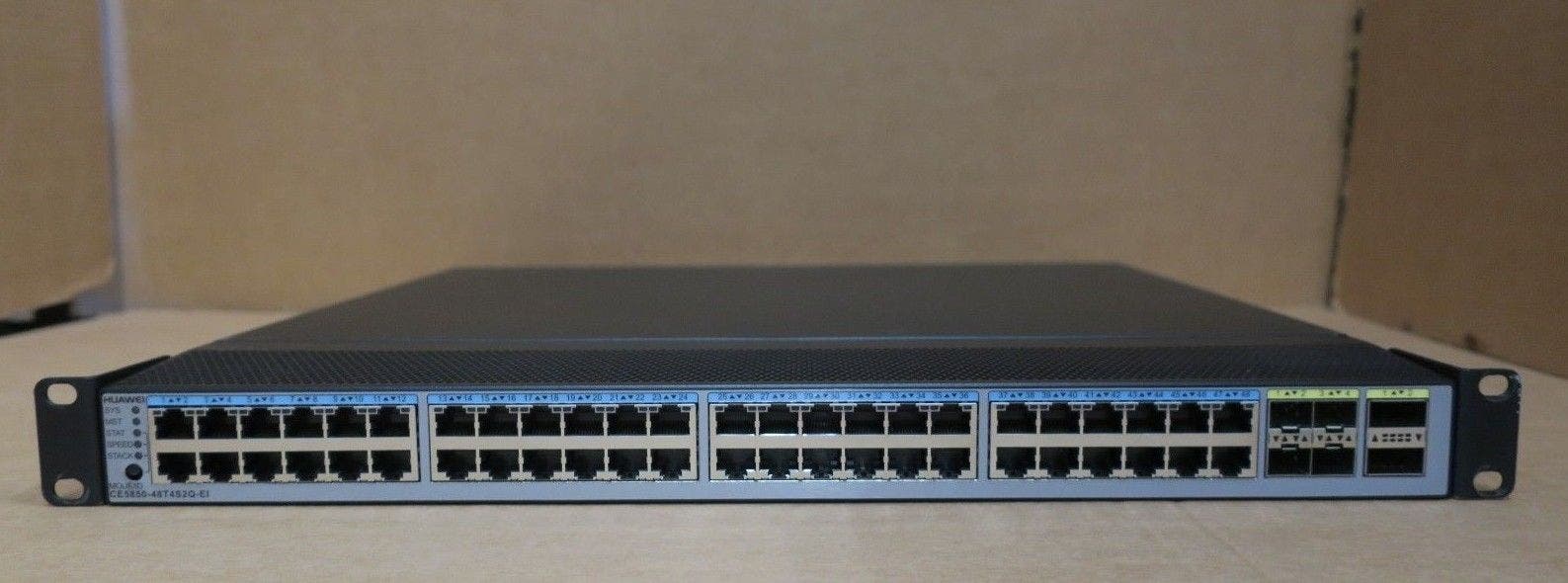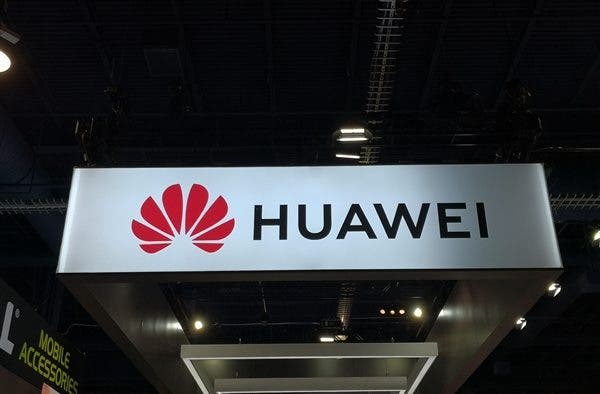Yesterday, Chinese media reported that Huawei has again sued the US Department of Commerce and asked it to make a ruling on whether a previously detained Huawei equipment violated its rules. In 2017, the US Department of Commerce seized a number of telecom equipment originating in China on the grounds of investigating whether export licenses were required. The detained equipment contained a computer server and an Ethernet switch.

Huawei originally shipped the equipment to an independent laboratory in California, USA, and plans to ship the equipment back after testing. In September 2017, these pieces of equipment were seized by the US Department of Commerce on their way back to China. Huawei subsequently submitted the information as required, and was told that the other party would make a decision on whether the equipment requires an export license within 45 days.
However, the equipment has been detained for more than 20 months so far, and the US Department of Commerce has yet to make a decision. Huawei believes that these pieces of equipment are produced outside the United States and should be returned to the country of origin without an export license. However, Huawei did not claim any damages against the US Department of Commerce. Instead, it only asked the US Department of Commerce to make a ruling on whether the equipment was in violation of the regulations and requested that it release the equipment. This is not the first time this year that the Chinese manufacturer had to sue the US government.





